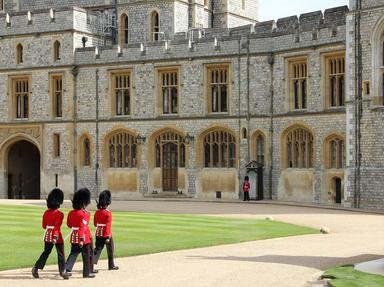
The Prince of Wales Who Would NOT Be King Quiz
In 1301 the English King Edward I became the first to use the title "Prince of Wales" to designate his heir apparent. He was close to the completion of his conquest of Wales, and thought it might help to maintain control of the area.
A classification quiz
by ponycargirl.
Estimated time: 3 mins.